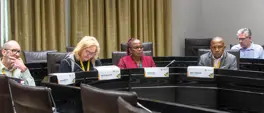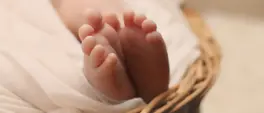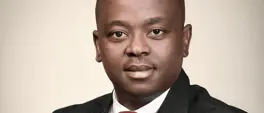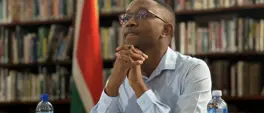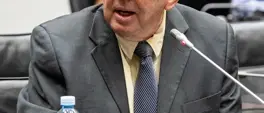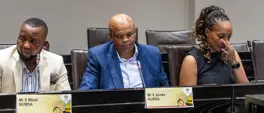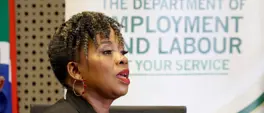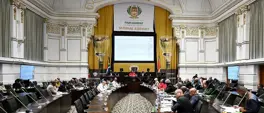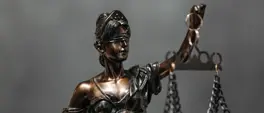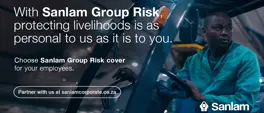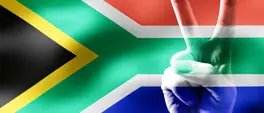JUDITH FEBRUARY | South Africa’s three wounds: Global pressure, inequality and the failure of accountability
Judith February
3 September 2025 | 12:18" We remain careless in our dealings with each other, blind to the past, and unwilling to acknowledge the structural injustice still deeply embedded in our society."
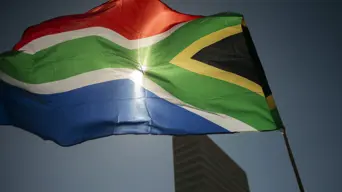
Picture: RODGER BOSCH / AFP
Looking at the multitude of challenges South Africa faces, one could loosely (and unscientifically) group them into three broad categories.
Global challenges: How does South Africa navigate a changing world, particularly under the looming shadow of America? These are not normal times. It is difficult to use the word extraordinary, because much of what emerges from the White House these days is extraordinary only in its erosion of democracy and the post-war order, its defiance of norms and basic civility, and the peddling of lies. Trump’s transactional and corrupt approach to global trade has upended the world, leaving even powerful nations scrambling.
A country like ours stands little chance against the bullying Trump represents in this new order of “might is right.” South Africa, at a political crossroads, lacks the nimbleness, politically or policy-wise, to meet the moment, even as we hold the G20 presidency. The talk of middle powers creating a bloc against Trumpian chaos is not without merit, but South Africa must first get serious about its own challenges. We speak the language of modern governance on issues such as climate change, yet the ANC is a relic that has spawned a corrupt, incapable state unable to act decisively for social change. Ramaphosa himself appears to have lost the energy to govern.
Forming part of a credible bloc of middle powers requires discernment about who represents South Africa, both within Cabinet and beyond it (including ambassadors). Yet the Presidency remains an intellectual shell - ill-equipped to navigate a complex, shifting world.
Systemic inequality: Even with a corruption-free government that adhered fully to constitutional values, it would still take decades to undo the legacy of colonialism and apartheid. Intergenerational wealth and privilege remain concentrated in the minority that benefitted from apartheid and continues to thrive in post-apartheid South Africa. When black South Africans raise intergenerational disadvantage, they are told to “move on” or blamed for the ANC’s failures. If only it were that simple.
In today’s maelstrom of ANC corruption, it is easy to forget the magnanimity of the black majority in 1994. We remain careless in our dealings with each other, blind to the past, and unwilling to acknowledge the structural injustice still deeply embedded in our society. This does not excuse the ANC’s venality or betrayal of the liberation promise, but inequality is a wound that remains largely unhealed.
The self-inflicted wound: This may be the most disheartening challenge of all. The Zondo Commission revealed how Zuma and his allies stripped the state of resources, a process that continues even as Ramaphosa insists otherwise. His Cabinet still includes those implicated in corruption, yet he avoids accountability. Law enforcement is in disarray. The ANC has become a vehicle for tenderpreneurs, while corruption seeps into every corner of South African life.
Perhaps the gravest wound is in education. Most Grade 4 and Grade 6 children cannot read for meaning. This is the direct result of a lack of accountability.
An example illustrates this failure. On Mandela Day, we travelled to Rawsonville, a farming town in the Western Cape, to deliver shoes to schoolchildren. The natural beauty of the landscape stood in stark contrast to the poverty, unemployment, and underdevelopment that scarred the community.
The local school itself was a stark reflection of South Africa’s self-inflicted wound.
The poverty of place was obvious, but it was the poverty of imagination and accountability that shocked. At midday, children roamed aimlessly while teachers sat idly, indifferent to the chaos. Some pupils washed dishes unsupervised. Staff lounged on their phones. Orange peels littered the staircases despite bins everywhere. This wasn’ just about resources - it was about a fundamental lack of pride and responsibility.
How did we get here? What are we modelling for the next generation? Are we content to consign poor children to futures devoid of dreams? It is not inevitable. Many schools in equally disadvantaged areas embody pride, discipline, and commitment to learning, despite immense obstacles.
The real wound lies in our failure as citizens to hold institutions accountable and demand more for future generations. It forces us to confront an uncomfortable question: do we understand citizenship only as rights, without responsibilities?
Do we seek a collective vision of justiceand equality, or a selfish, individualistic one where building a better society is always someone else’s responsibility, government’s, never ours?
That is the debate we must begin to have.
Get the whole picture 💡
Take a look at the topic timeline for all related articles.
